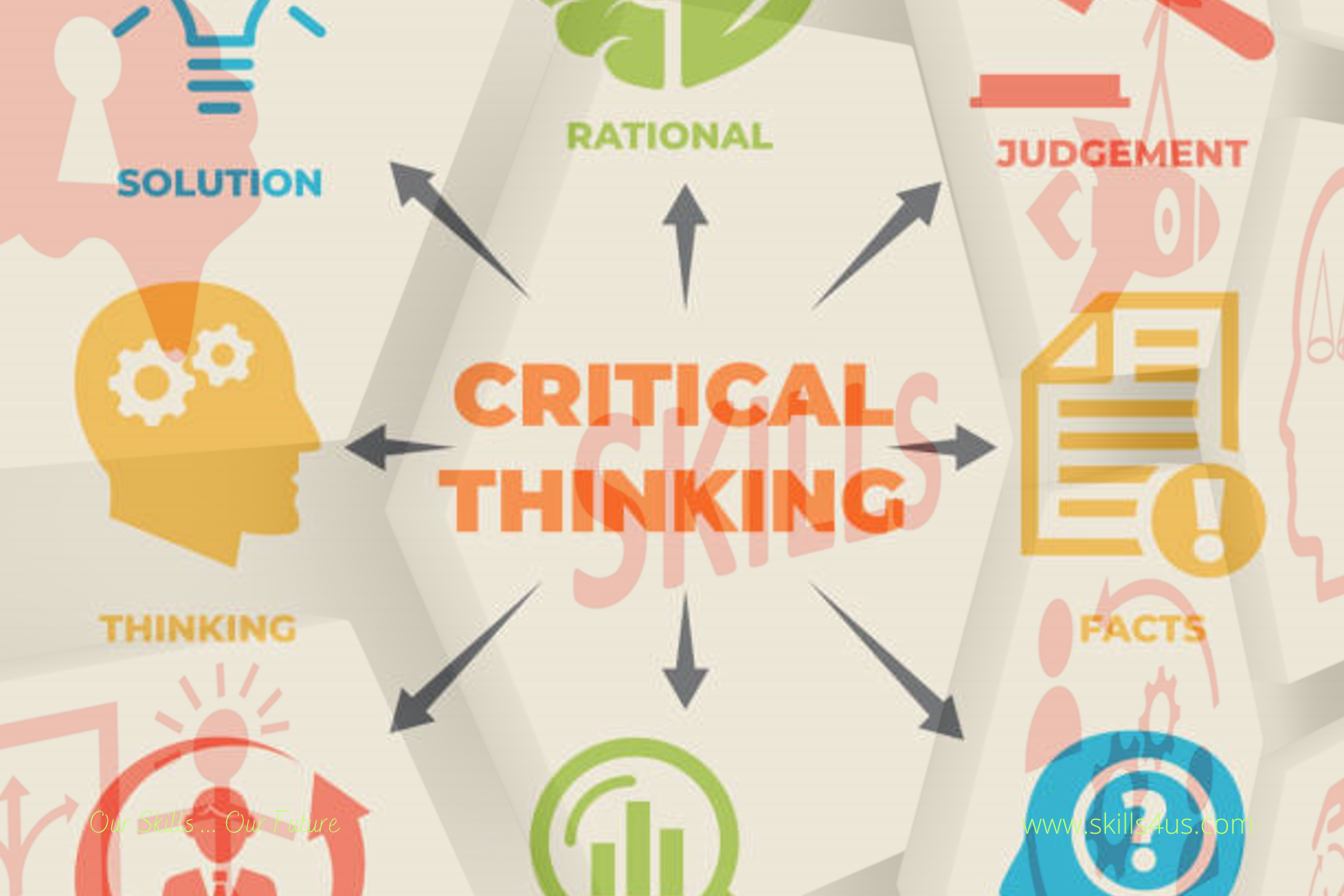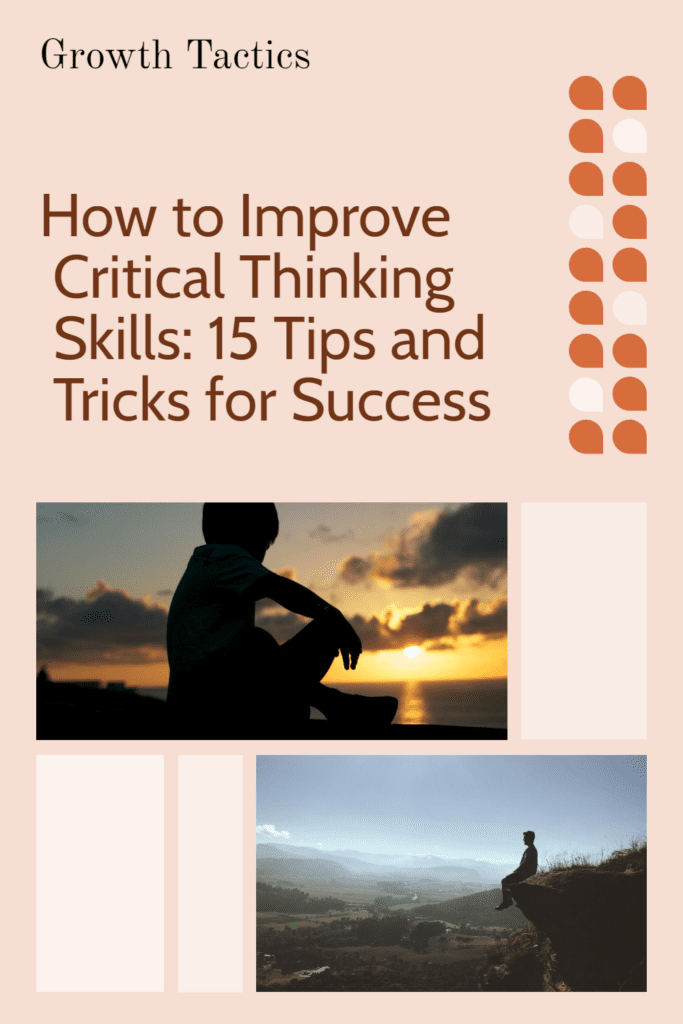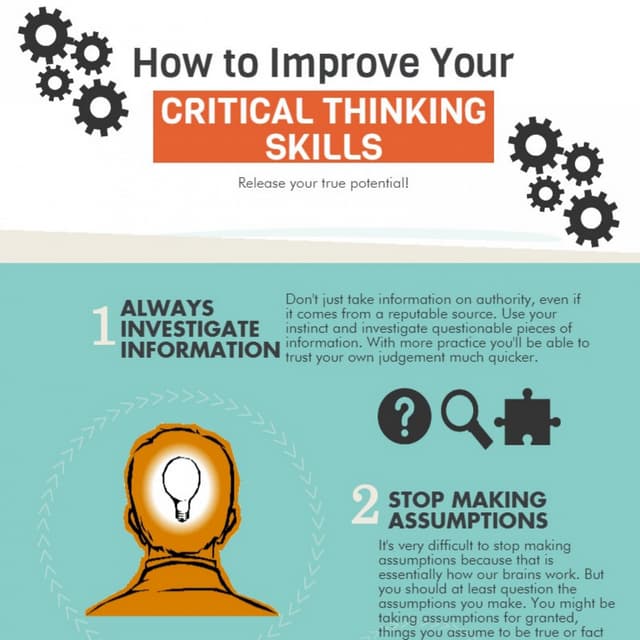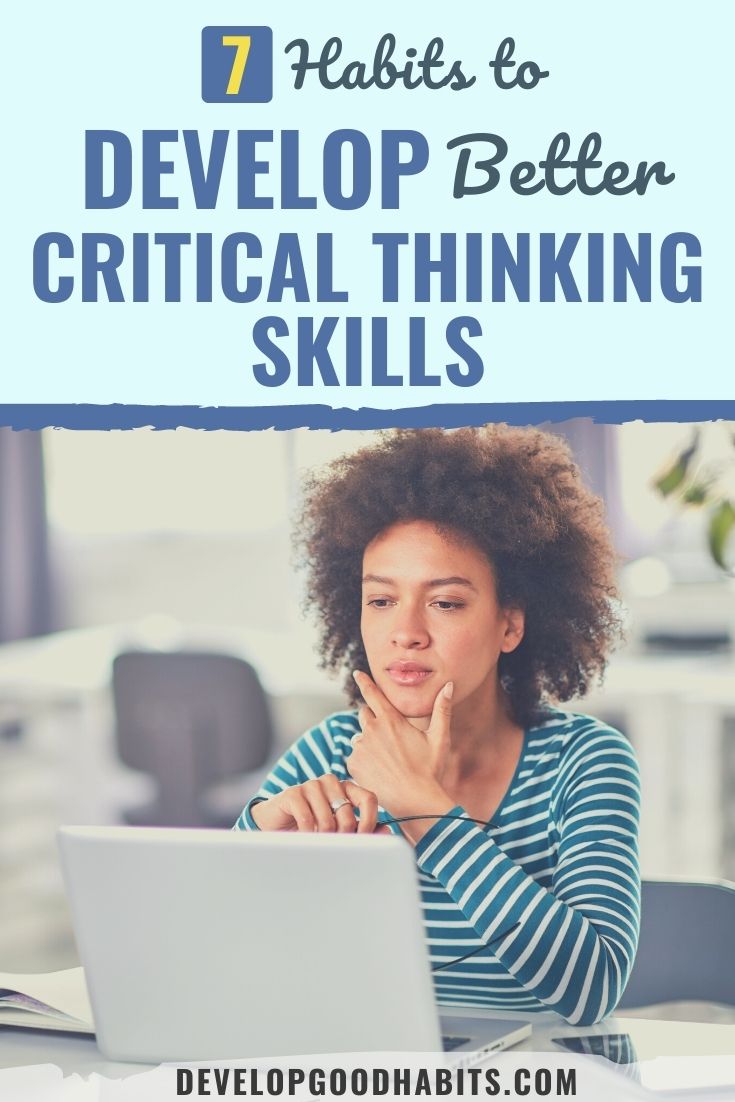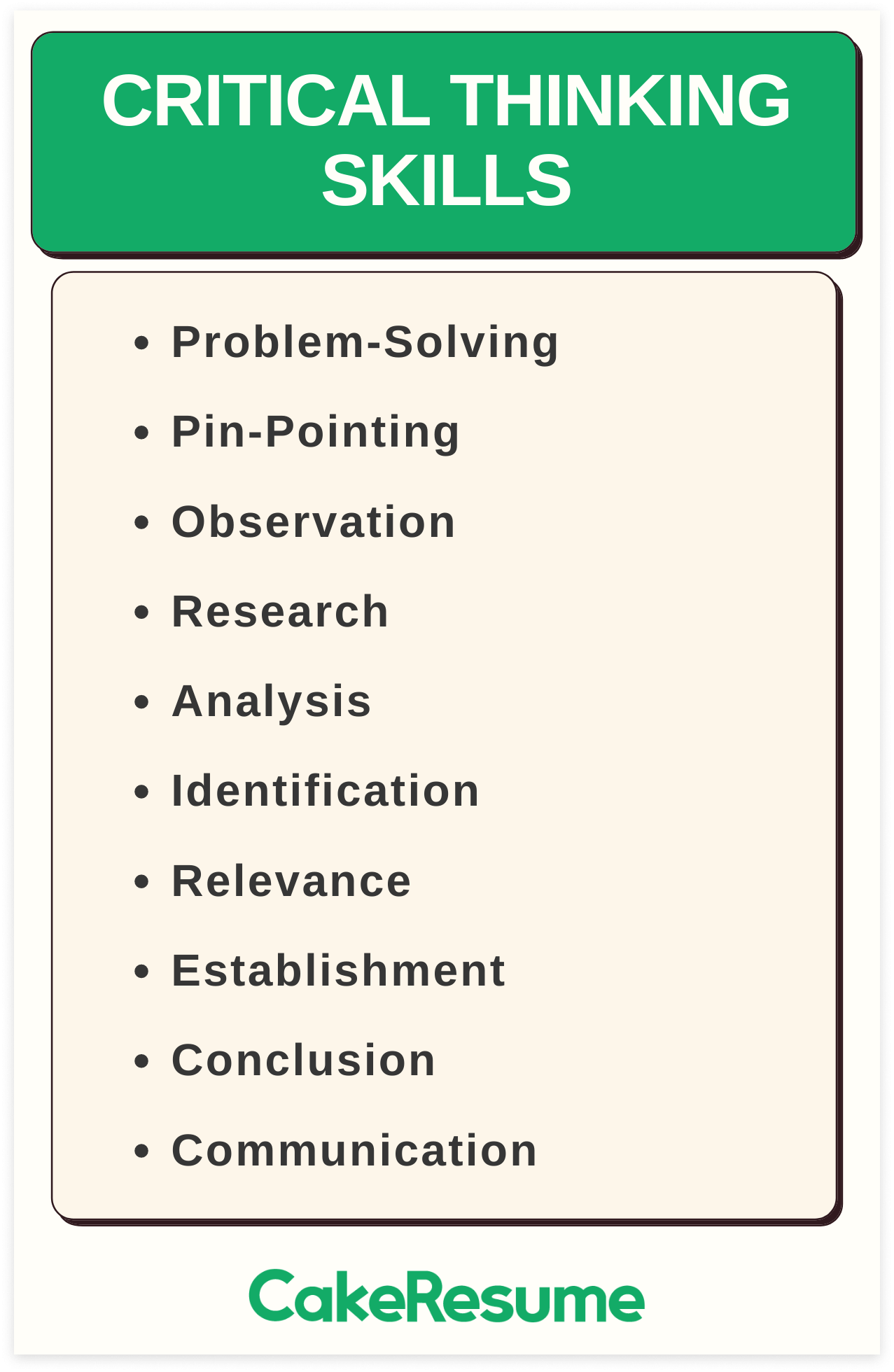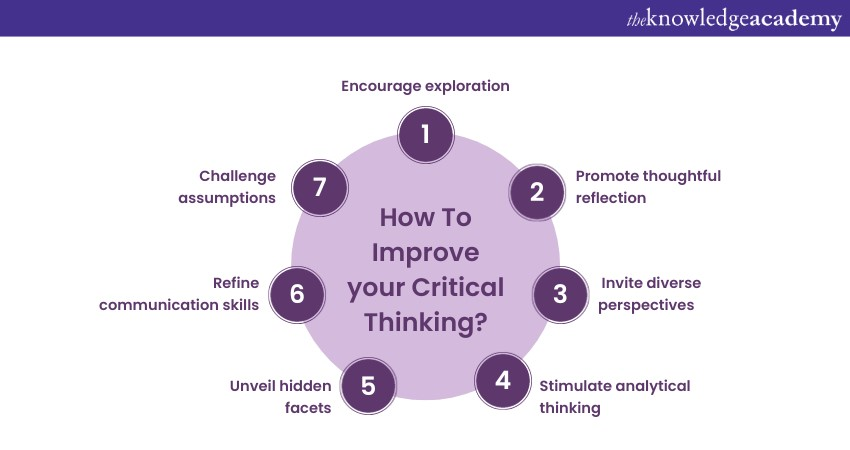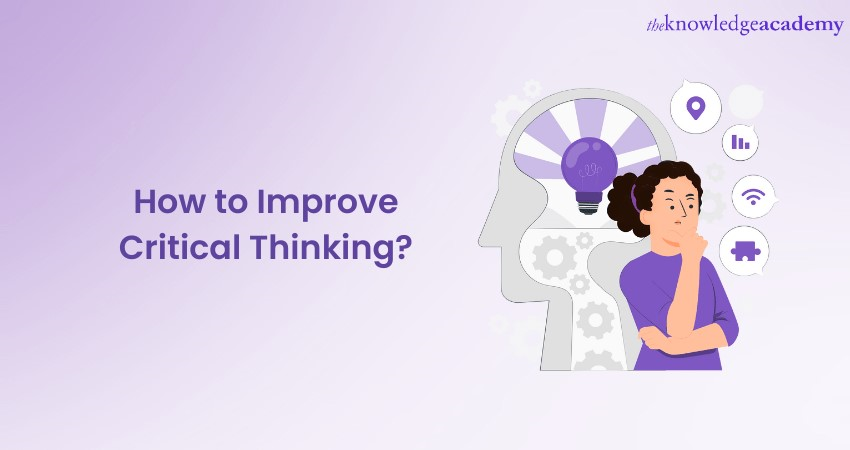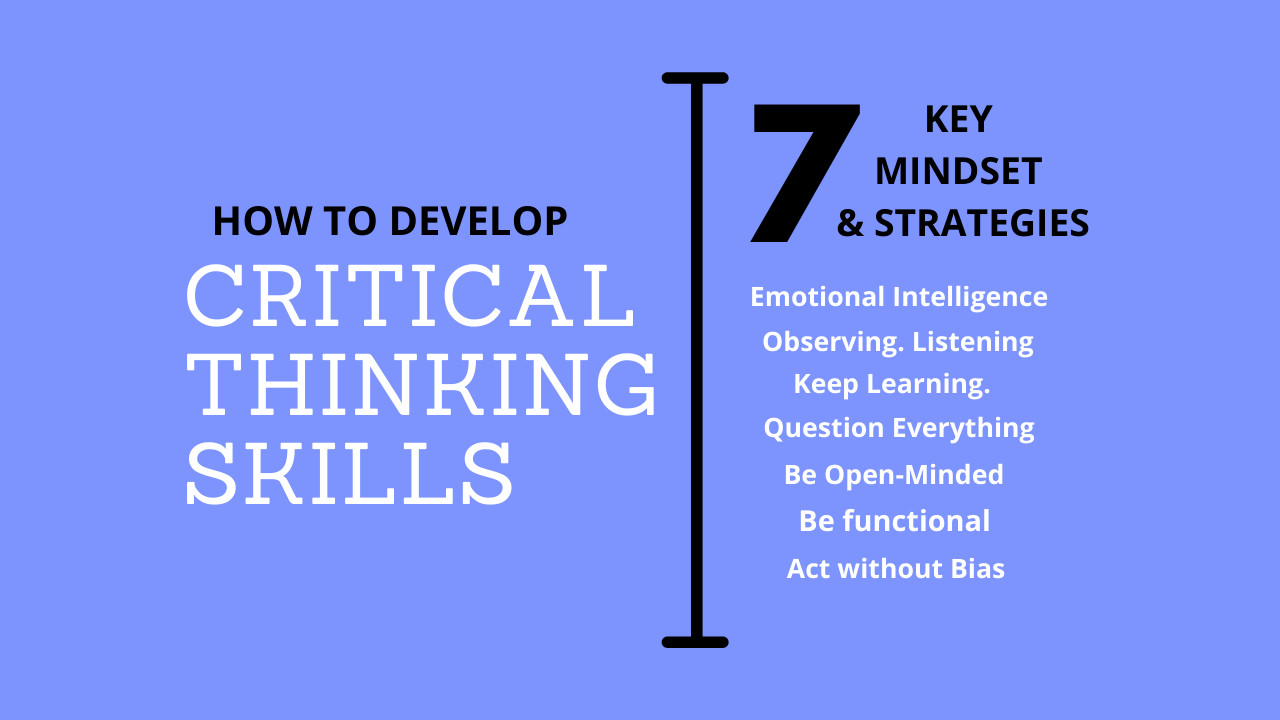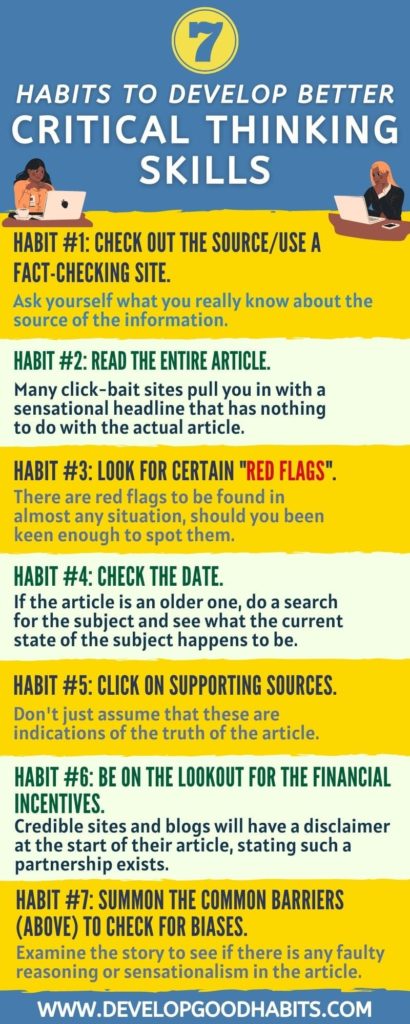How To Have Better Critical Thinking Skills
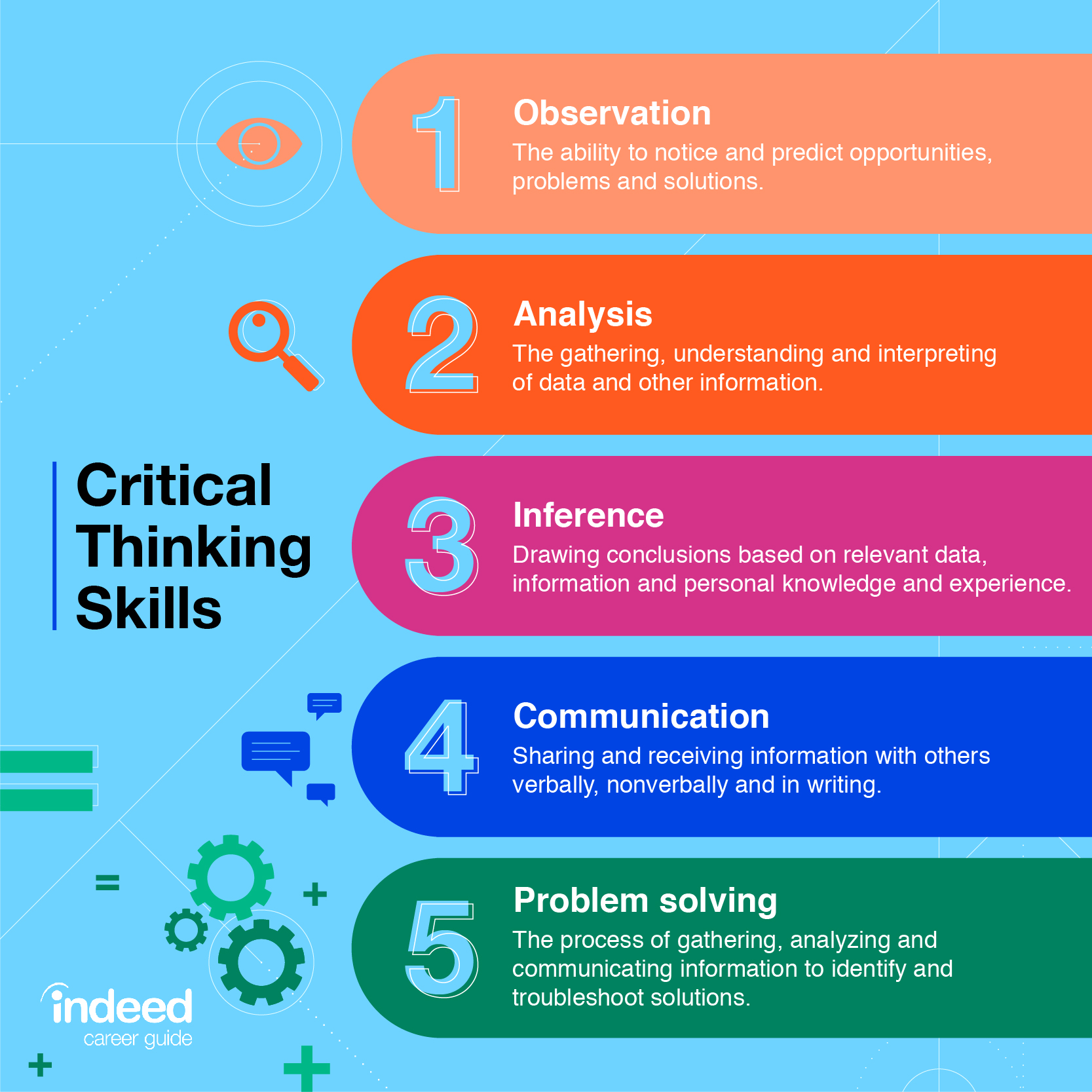
In an era defined by information overload and rapid societal shifts, the ability to think critically has become more crucial than ever. Being able to analyze information, identify biases, and form reasoned judgments is no longer just an academic skill, but a fundamental requirement for navigating daily life and contributing meaningfully to society.
The development of critical thinking skills involves cultivating specific habits of mind and employing proven strategies. Understanding what it means to think critically, how to improve these skills, and why they are so important forms the core of this discussion.
Understanding Critical Thinking
Critical thinking goes beyond simply memorizing facts; it involves actively and skillfully conceptualizing, applying, analyzing, synthesizing, and evaluating information. It is about questioning assumptions and challenging conventional wisdom.
According to the Foundation for Critical Thinking, it is a self-directed, self-disciplined, self-monitored, and self-corrective way of thinking. It presupposes assent to rigorous standards of excellence and mindful command of their use.
Practical Strategies for Improvement
Cultivate Curiosity
A curious mind is essential for critical thinking. Ask questions about everything. Don't accept information at face value; delve deeper and seek out different perspectives.
Engage in activities that stimulate your curiosity, such as reading widely, exploring new cultures, and engaging in thought-provoking conversations.
Question Assumptions
Critical thinkers are adept at identifying and questioning their own assumptions, as well as the assumptions of others. Challenge the status quo and be open to the possibility that your beliefs may be wrong.
Pay attention to your own biases and prejudices. Consider where your opinions come from and whether they are based on solid evidence.
Seek Diverse Perspectives
Expose yourself to a variety of viewpoints. Read articles from different news sources, talk to people with different backgrounds and beliefs, and challenge yourself to understand alternative viewpoints.
Engaging with diverse perspectives broadens your understanding of complex issues and helps you to identify your own biases.
Practice Active Listening
Active listening involves paying close attention to what others are saying, both verbally and nonverbally. Try to understand their perspective without interrupting or judging.
Summarize what you have heard to ensure that you have understood the message correctly. Ask clarifying questions to gain a deeper understanding.
Analyze Information Carefully
Before accepting any information as true, evaluate its source, evidence, and logic. Look for credible sources that provide evidence to support their claims.
Be wary of emotional appeals, logical fallacies, and other forms of manipulation. Seek out reliable sources like academic journals and government reports.
Practice Problem-Solving
Problem-solving provides opportunities to apply critical thinking skills in real-world situations. Break down complex problems into smaller, more manageable parts.
Brainstorm potential solutions and evaluate their strengths and weaknesses. Implement the best solution and monitor its effectiveness.
The Importance of Critical Thinking
In an increasingly complex world, critical thinking is vital for making informed decisions about our health, finances, and relationships. It also helps us to be more effective citizens, capable of participating in informed debates and holding our leaders accountable.
According to a report by the World Economic Forum, critical thinking is one of the top skills employers are looking for in today's workforce. The ability to analyze information, solve problems, and make sound judgments is essential for success in many different careers.
By cultivating critical thinking skills, individuals can empower themselves to navigate the complexities of modern life with greater confidence and clarity.

